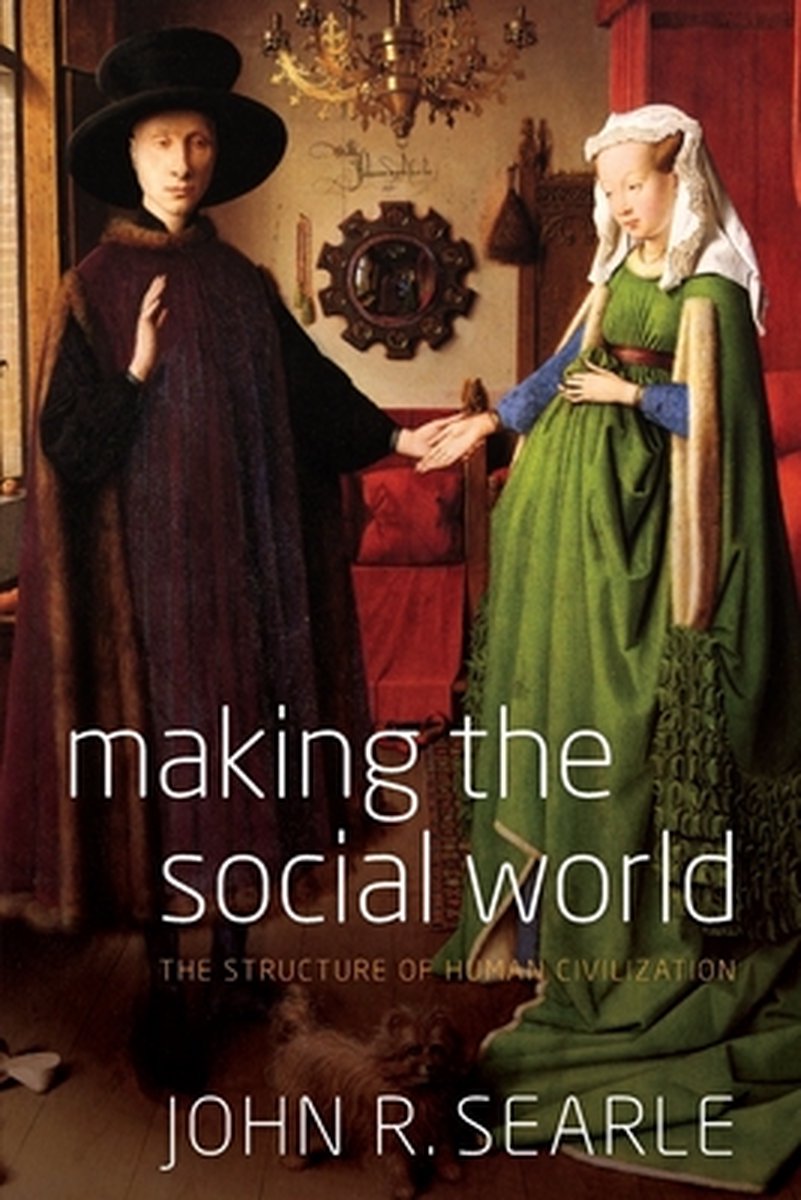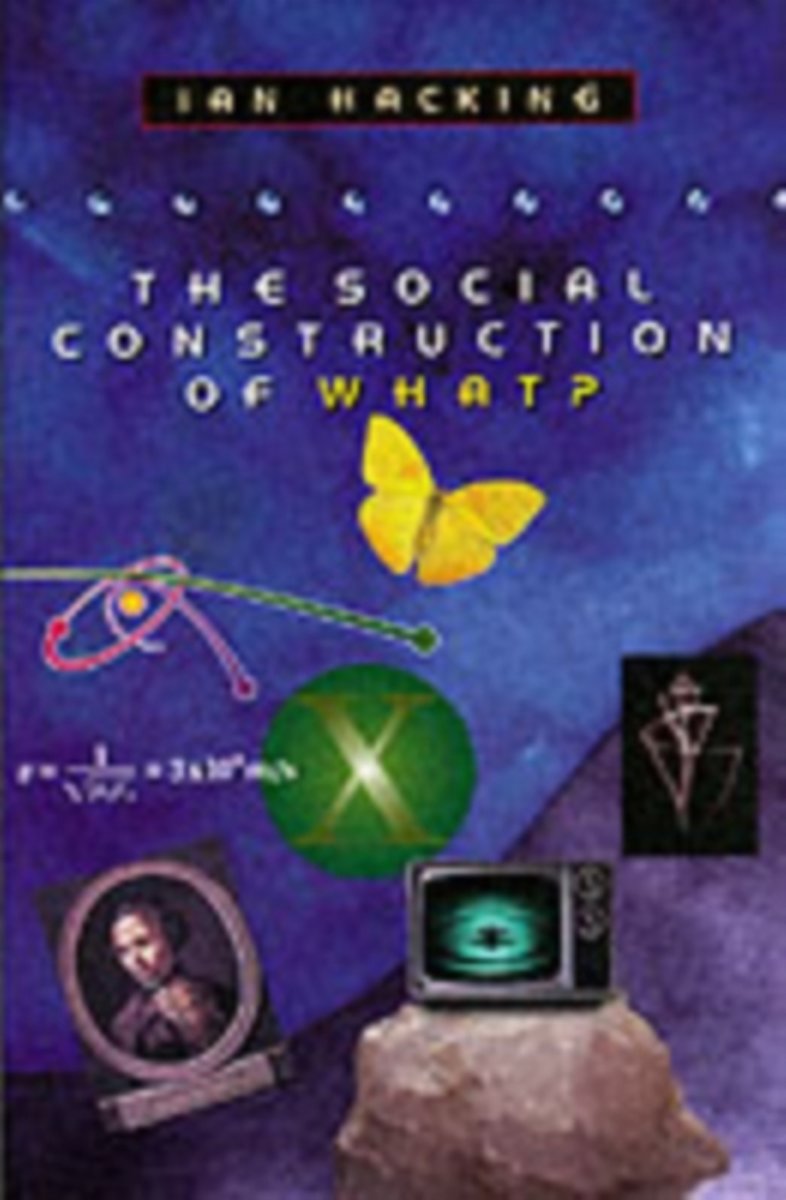Making the Social World
The Structure of Human Civilization
Maak tweedehands je eerste keus
- Alle boeken zijn met de hand gecontroleerd
- 30 dagen retourgarantie
- Gratis verzending vanaf 4 boeken of 40 euro
- Op werkdagen voor 15:00 besteld, dezelfde dag verzonden
nog 1 op voorraad
5,30

Making the Social World
Echt gebruikt
ISBN
9780199829521
Bindwijze
Paperback
Taal
Engels
Uitgeverij
Oxford University Press
Jaar van uitgifte
2011
Aantal pagina’s
224
Waar gaat het over?
Lees verder
Recensies

